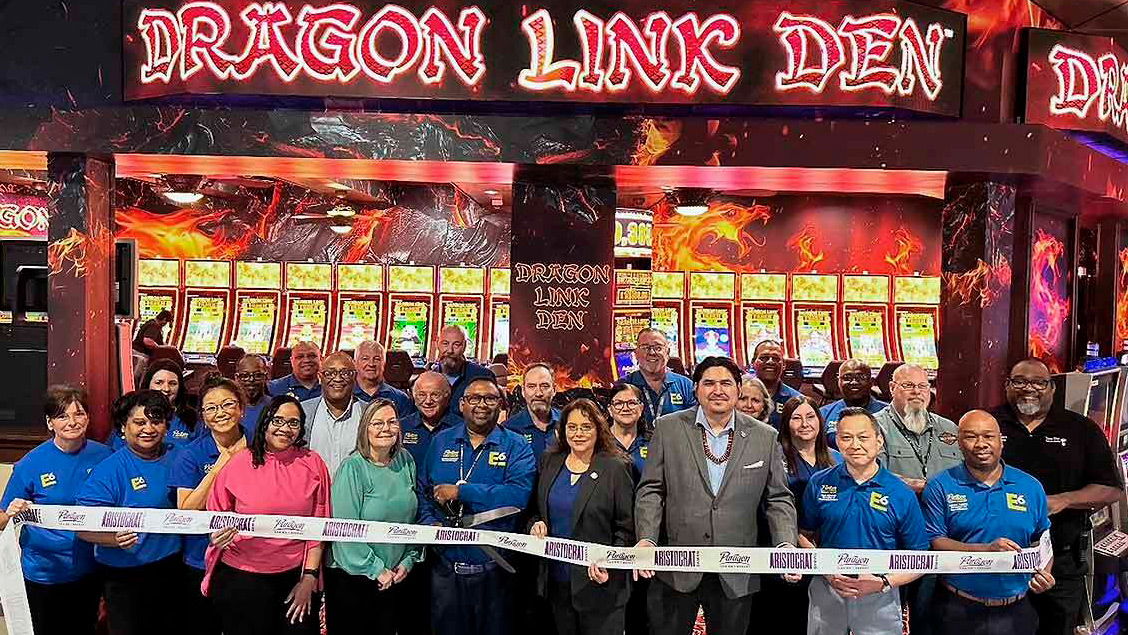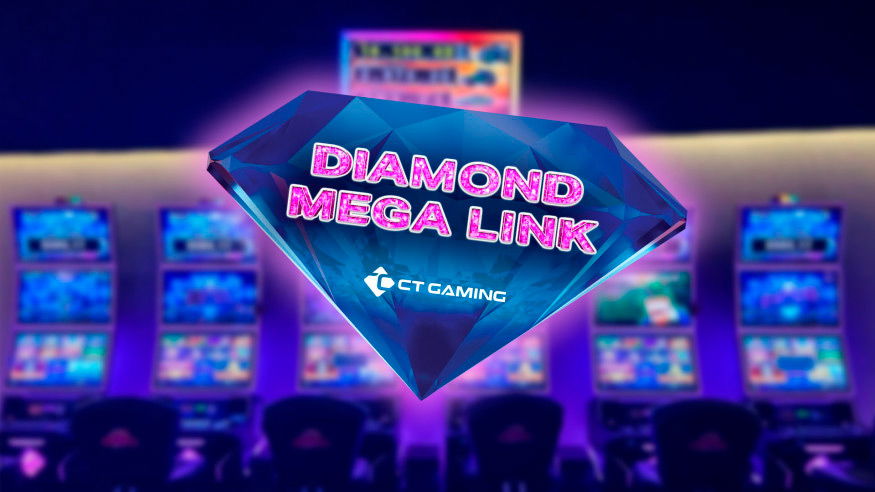"The RGAA will focus on ensuring that legislators pass common sense rules regarding the licensing and activities of affiliates"

Just a few months ago, six major players in the US online gambling affiliate sector joined forces to create the Responsible Gambling Affiliate Association (RGAA). Better Collective, Catena Media, FairPlay Sports Media, Gambling.com Group, Spotlight Sports Group, and XLMedia are behind the industry trade coalition, which is dedicated to "nurturing an environment where affiliates can serve the commercial needs of the regulated online gambling market," as per the statement they released in November.
Earlier this month, the RGAA announced the appointment of George Rover as its first Executive Director to lead the organization. Under this role, Rover will be responsible for executing the RGAA’s long-term mission to safeguard responsible gambling marketing and advertising practices. His duties as Executive Director will include fostering responsible affiliate practices, advocating for the needs and interests of the group’s members, promoting sensible regulation, fostering collaboration with industry stakeholders, and advocating for standards of integrity.
In light of his appointment, Yogonet took the opportunity to catch up with George Rover, RGAA’s Executive Director, to discuss why he accepted the role, the importance of responsible gambling marketing and advertising practices, and the association's plans for the near future. Additionally, in this exclusive interview, Rover discusses licensing and regulatory standards in the US, and what the RGAA’s role in steering consumers toward licensed and regulated options will be.
The RGAA was announced in November with the mission to champion responsible gambling marketing and advertising practices. How will this be done? What are some strategic initiatives on the association’s horizon for the year?
Affiliates play a key role in the gambling ecosystem and, in many instances, are an initial point of contact with players, including first-time players. The RGAA would like to create a network of affiliates who adhere to certain responsible gaming standards regarding the presentation of content and the availability of resources (e.g. assistance hotlines) as well as prohibitions on working with unlicensed offshore operators.
While the RGAA is in the early process of identifying strategic initiatives, certainly expanding its membership and establishing credibility with regulators and legislators are top priorities.
What led you [George] to accept the role of Executive Director of this association and what are you hoping to bring to the table? What are your expectations in terms of what the RGAA can achieve for the affiliate sector?
I accepted the role because I do believe that the activities of affiliates are sometimes misperceived by regulators and legislators. Given my long career in government, particularly as it relates to the gaming industry, I am hopeful that I can use that experience and knowledge to engage with these key stakeholders on issues such as responsible gaming initiatives and reasonable regulation of affiliates.

What are the main challenges you see when it comes to nurturing an environment that allows affiliates to serve the commercial needs of the regulated online gambling market while protecting consumer interest and championing responsible marketing?
I believe that responsible marketing and protecting consumer needs are not at odds with promoting the commercial needs of the regulated online gaming market. The goal of all businesses in this space, whether affiliates or B2C and B2B companies, is to promote and create a long-term, sustainable gaming ecosystem. To accomplish that, the objective is to develop properly focused responsible gaming and consumer protection in a manner that also allows affiliates and operators to benefit commercially.
Affiliates play an important role in the regulated online gambling market, providing education, sportsbook reviews, responsible gambling resources, and directing consumers into the regulated markets. By presenting and comparing all operators, affiliates help ensure a fair marketplace that provides consumers with knowledge and choice.
However, when principled affiliates are shut out of the market by regulators who categorize all advertising together, wagers are less secure, the states lose revenue, irresponsible betting practices can be encouraged without repercussion, and aggressive, mass-market advertising will proliferate unchecked.
What can you tell us about the current regulation gambling affiliates are subject to in the United States? In what ways can the standards of the affiliate marketing sector be further improved? Will the RGAA advocate for new guidelines for the sector?
As you know, affiliates are subject to different licensing and regulatory standards depending on the jurisdiction. The RGAA will focus on ensuring that legislators pass common sense rules regarding the licensing and activities of affiliates.
The RGAA was also created to assess existing standards and determine whether new guidelines would further enhance affiliates’ role in the overall gaming industry. Certainly, if a new standard or guideline regarding the activities of affiliates would positively promote responsible gaming, consumer protection, education of players and/or the perspective of affiliates in the eyes of key stakeholders, the RGAA will act.
We believe that having a baseline of uniform, common sense standards across all regulated states will benefit the entire industry, operators and affiliates alike. We hope to develop a collaborative relationship with regulators to seek guidance on their concerns and work together to create a unified approach that fosters healthy sports betting markets that satisfy the interests of consumers, states, and industry players.
What will be the RGAA’s role in steering consumers toward licensed and regulated options in the context of a prevalent black market? Do you anticipate collaboration with other industry stakeholders on this front?
This is a key issue for us, and an area where we believe we can have a meaningful impact. The RGAA will take a direct role in ensuring that its members are not involved with offshore operators. These illegal operators are not subject to KYC, AML and responsible gaming obligations that are essential to a healthy, sustainable gaming industry. The RGAA will absolutely work with all industry stakeholders to address this issue.
















































